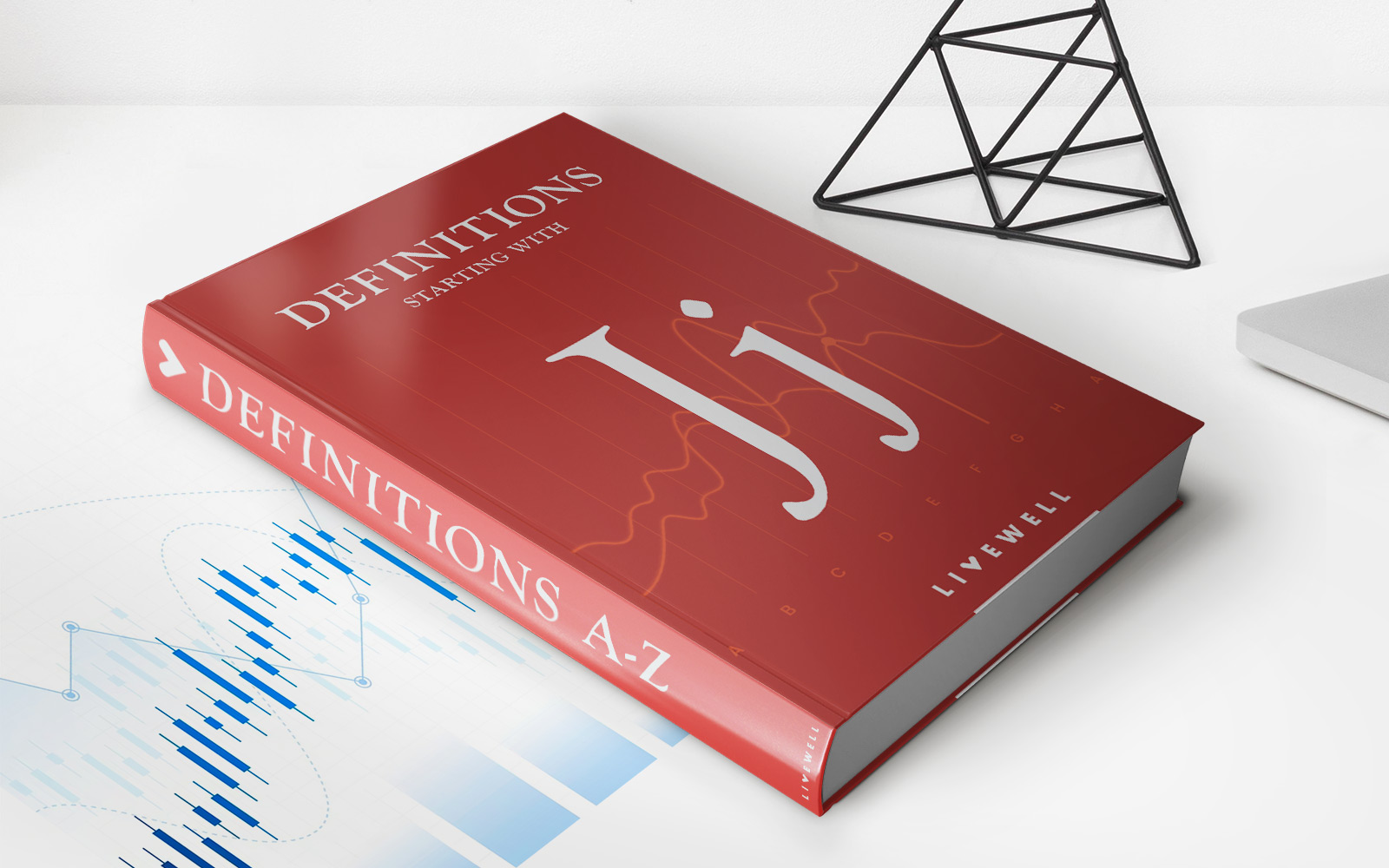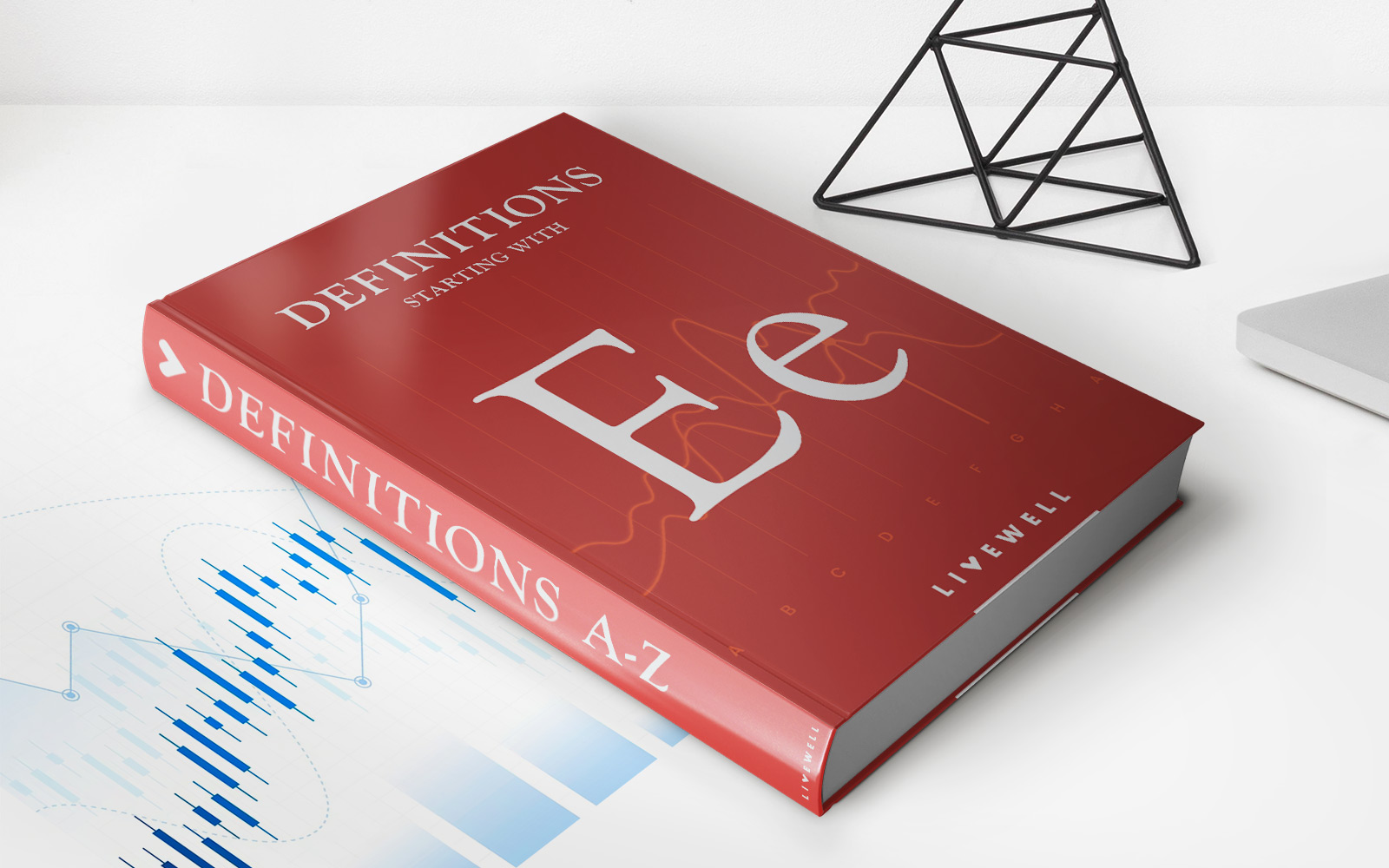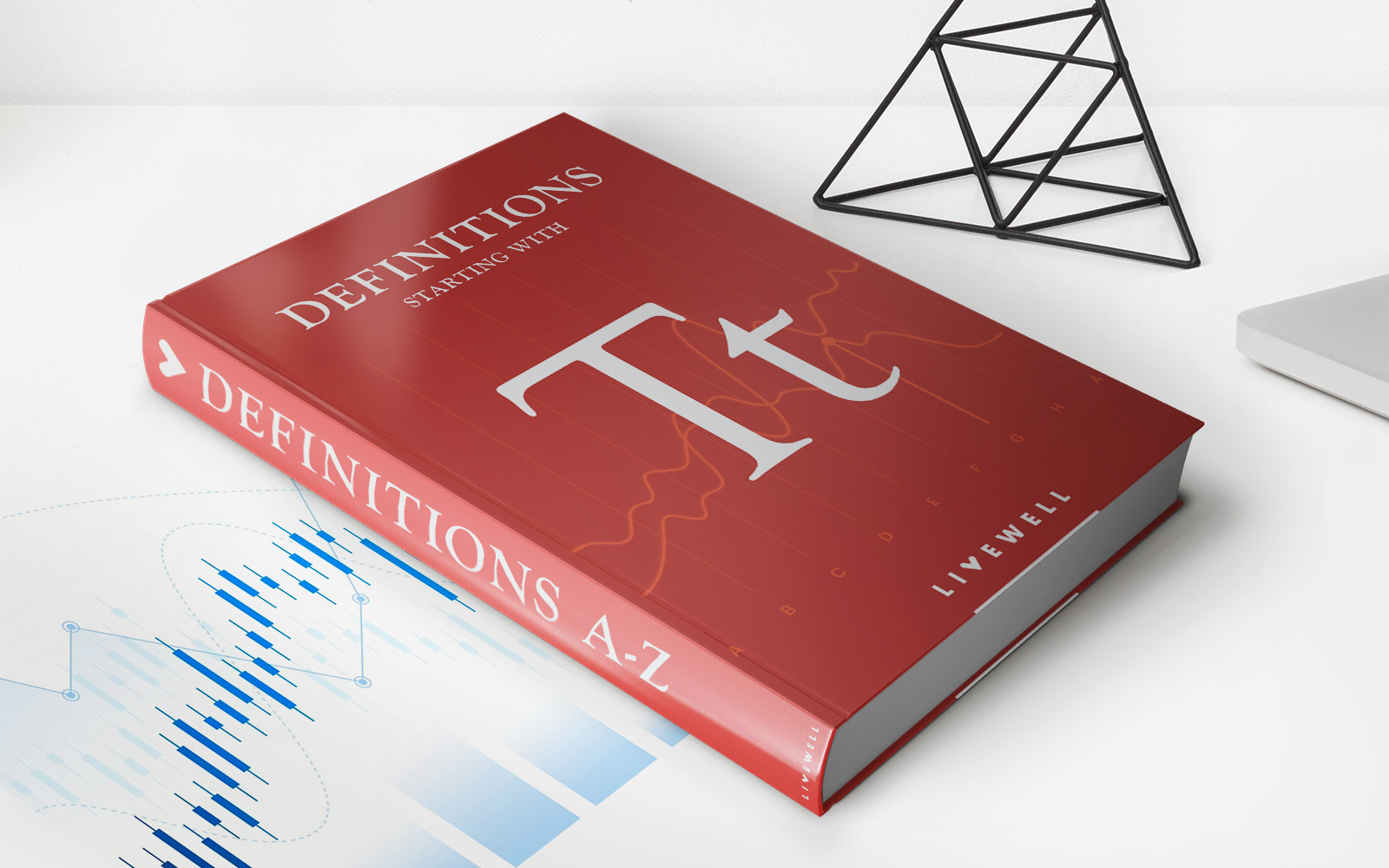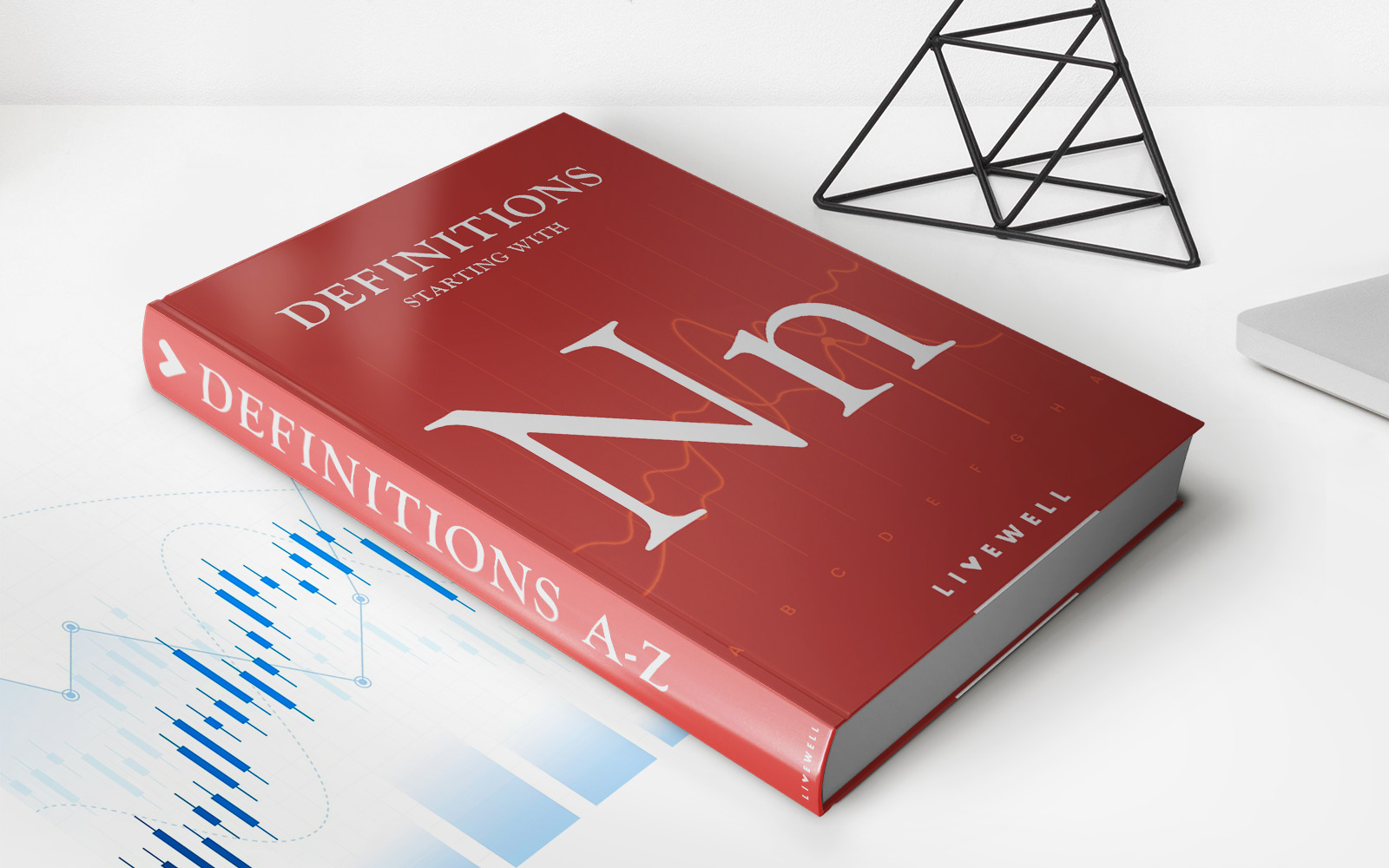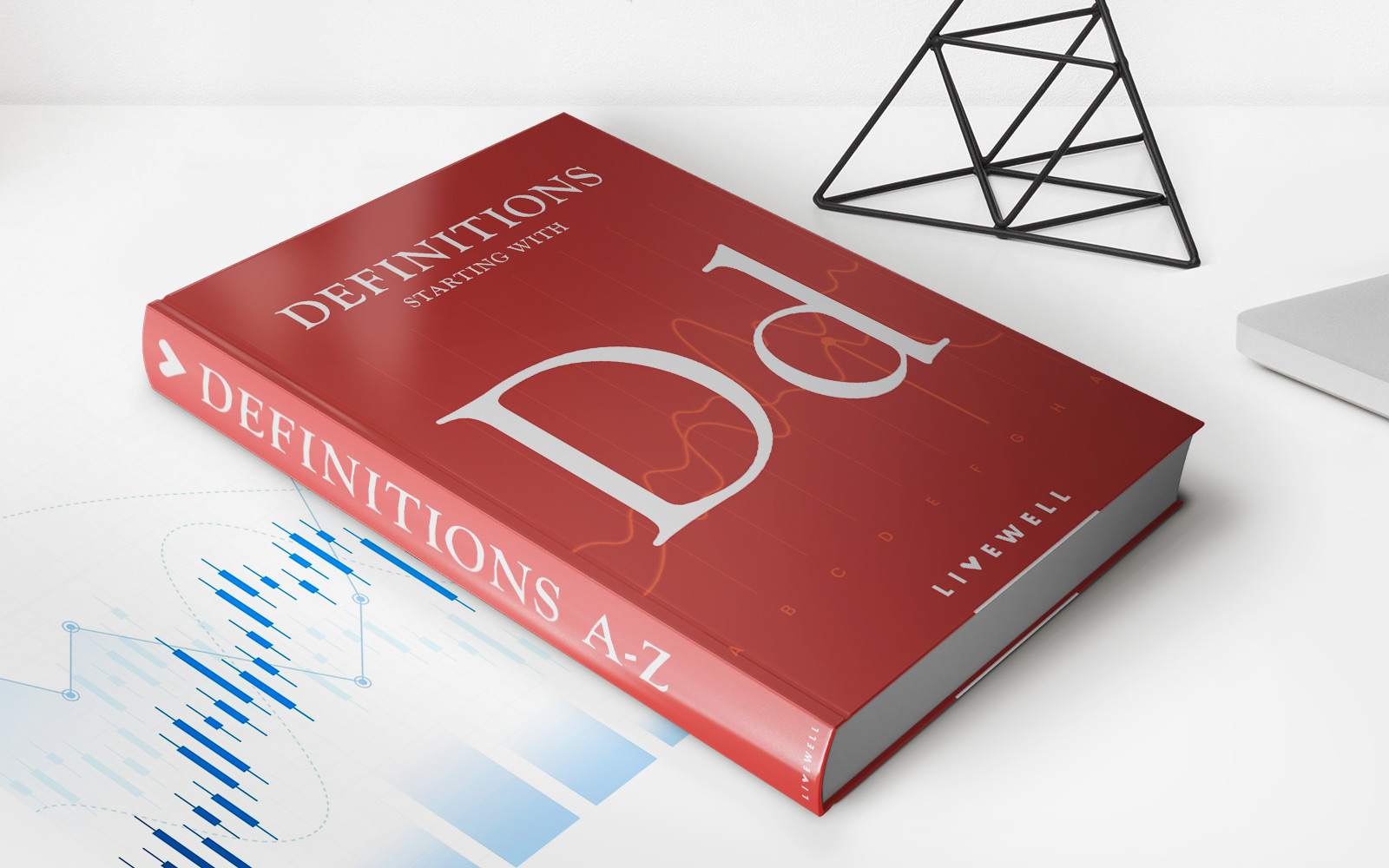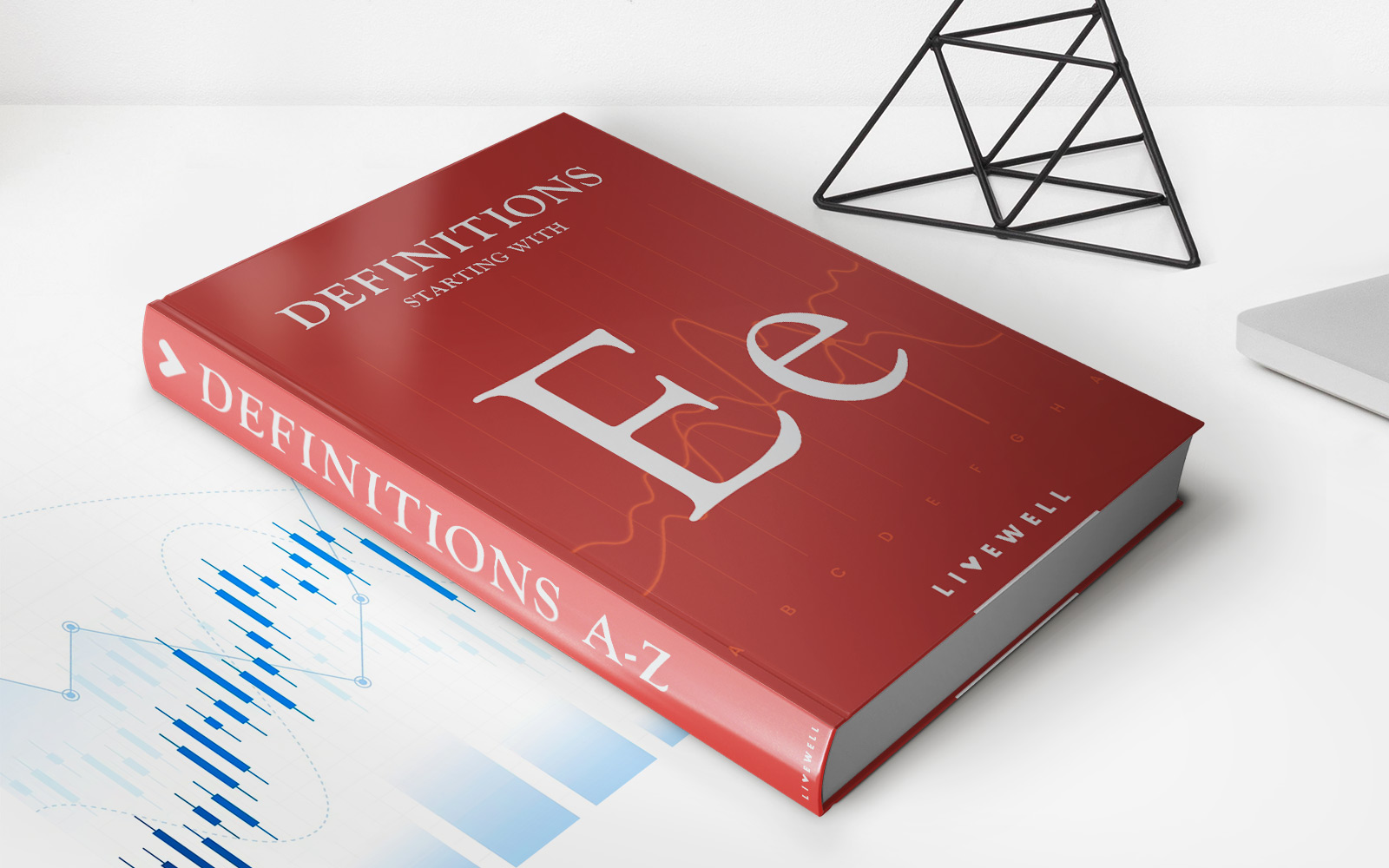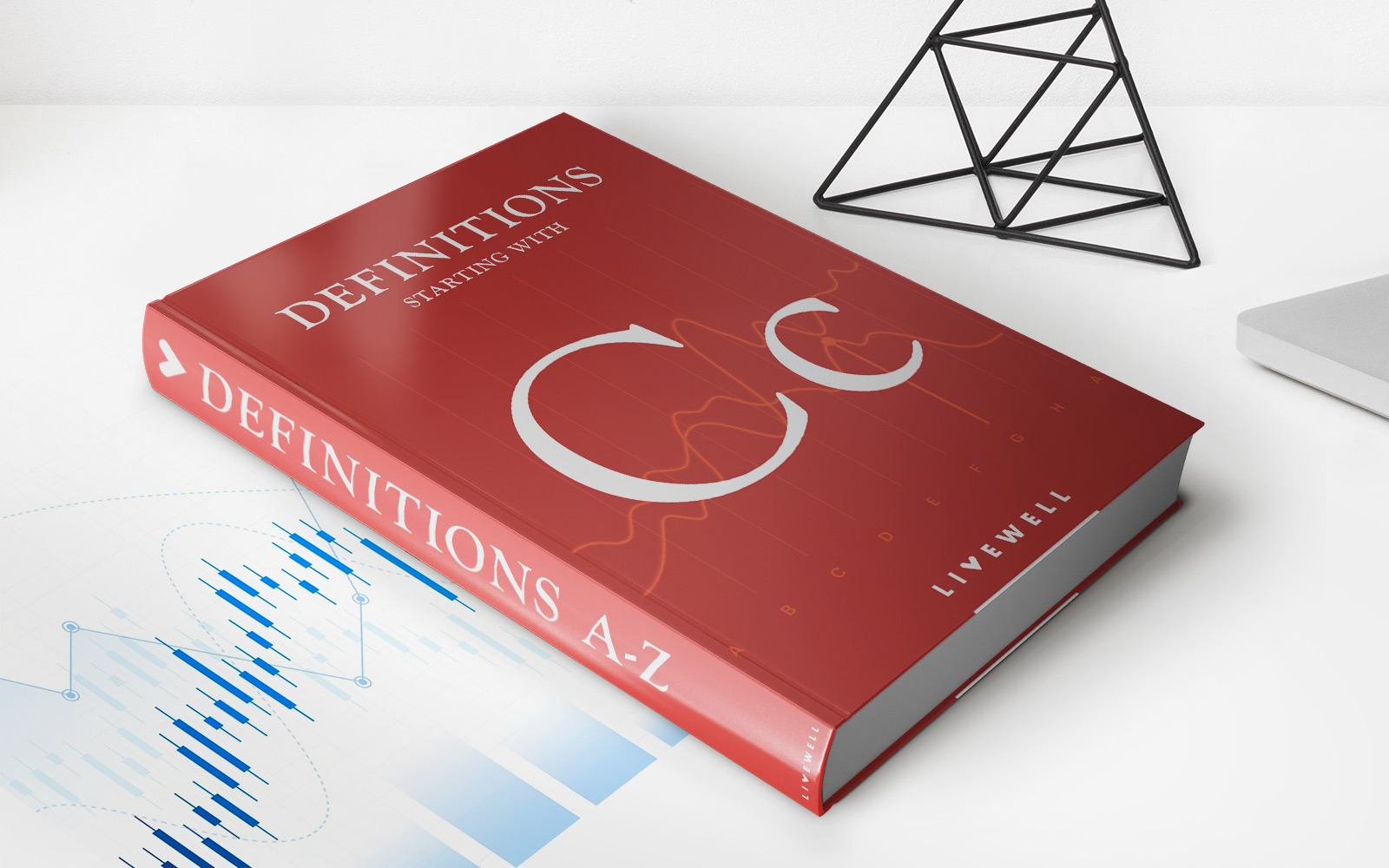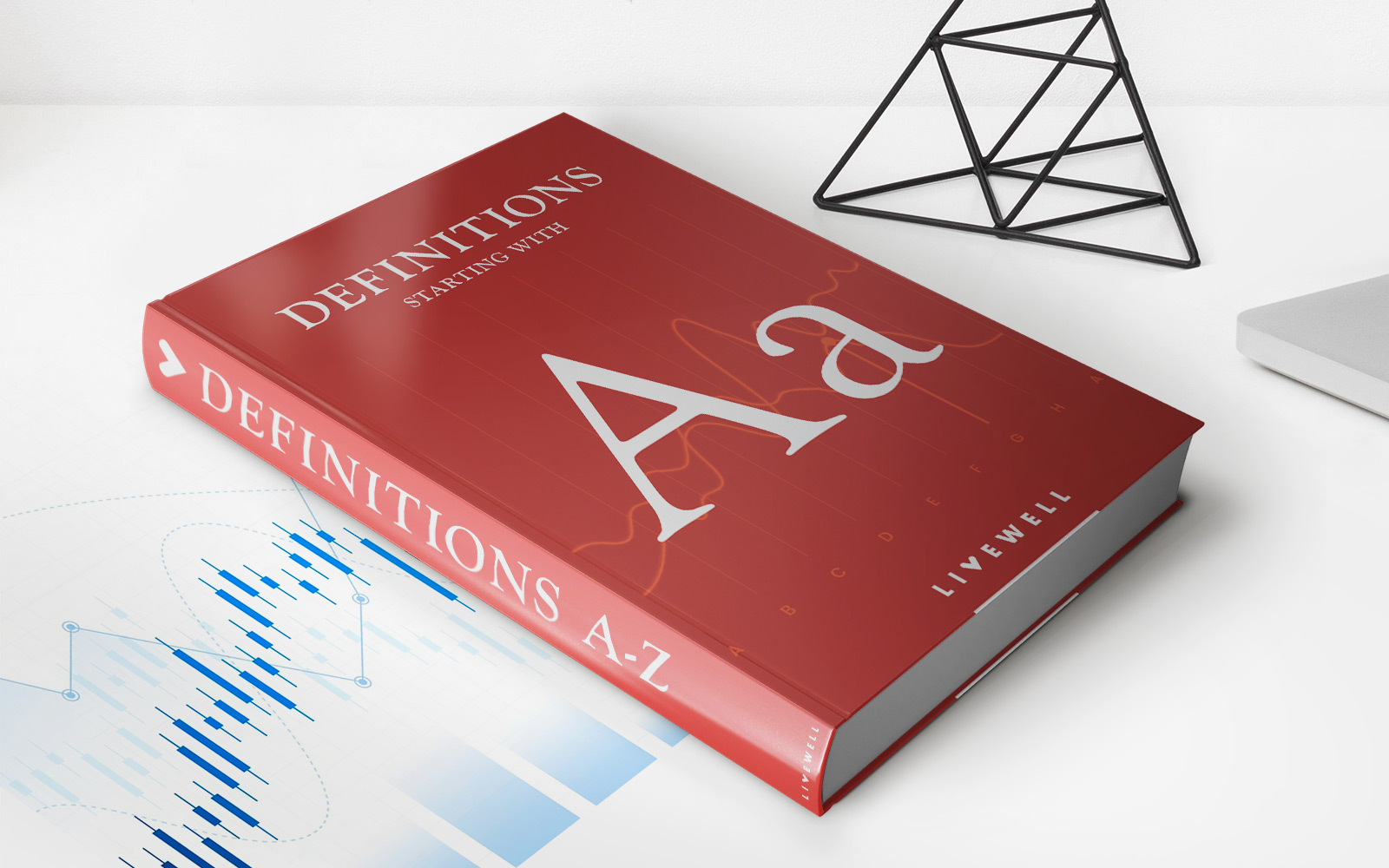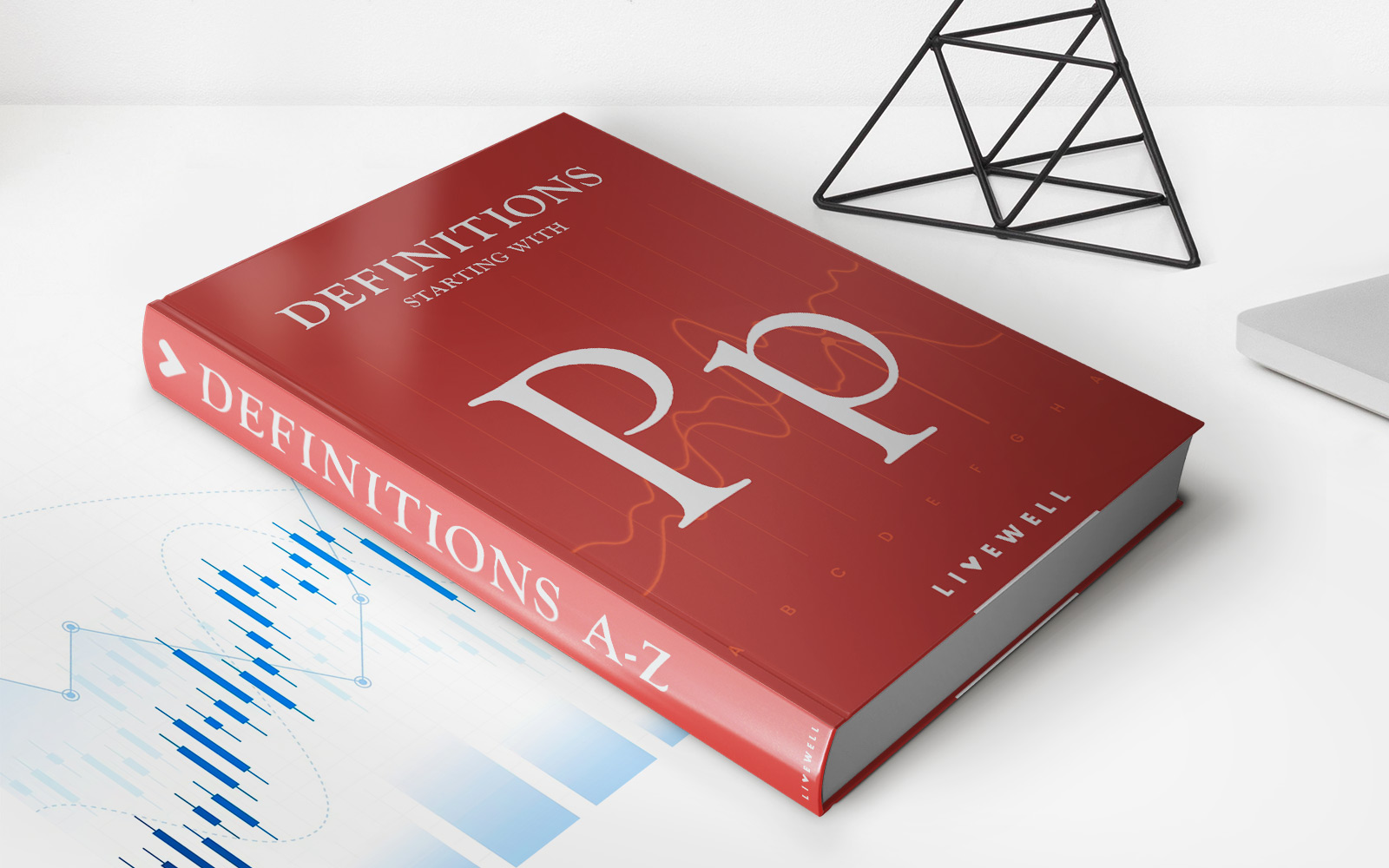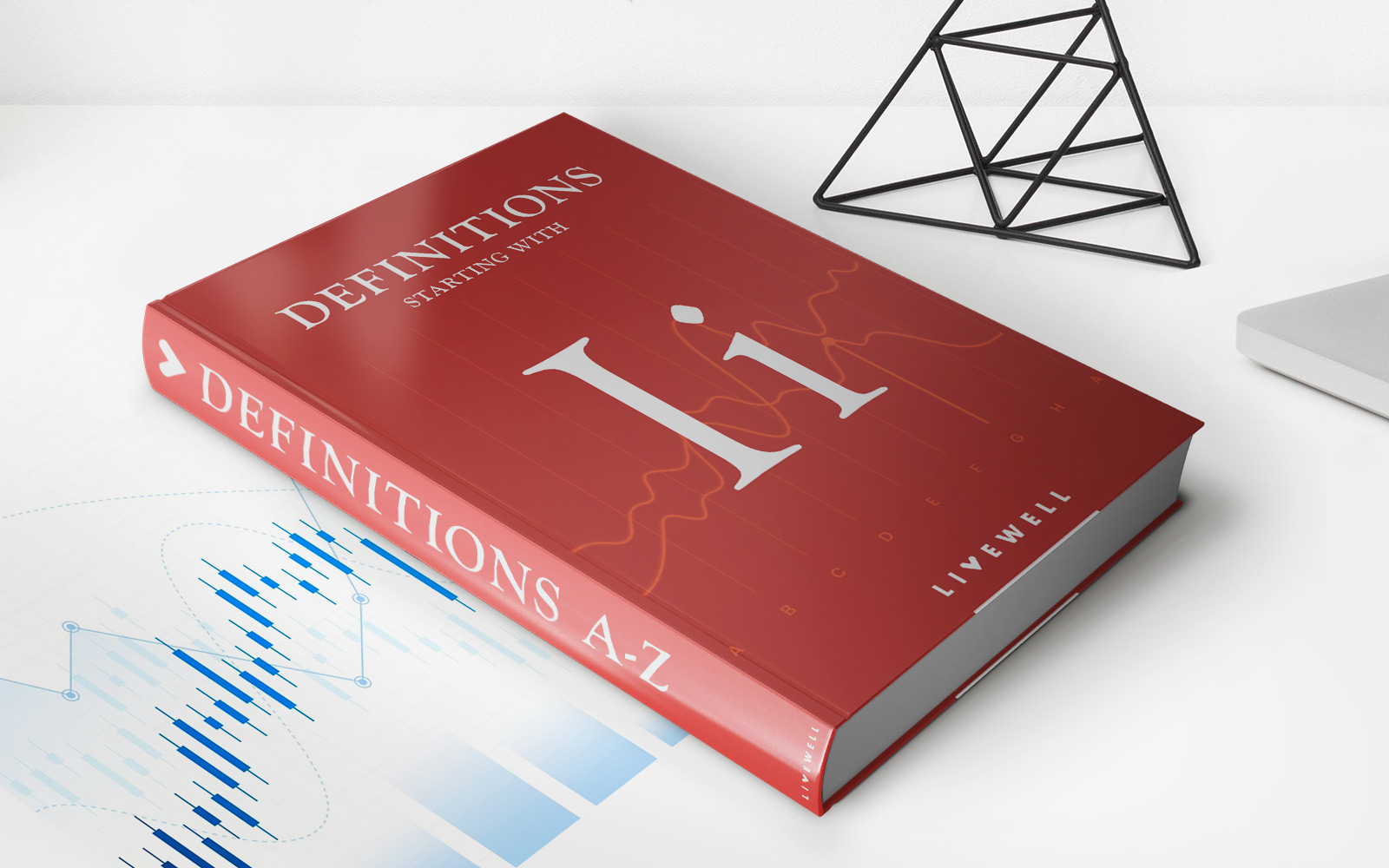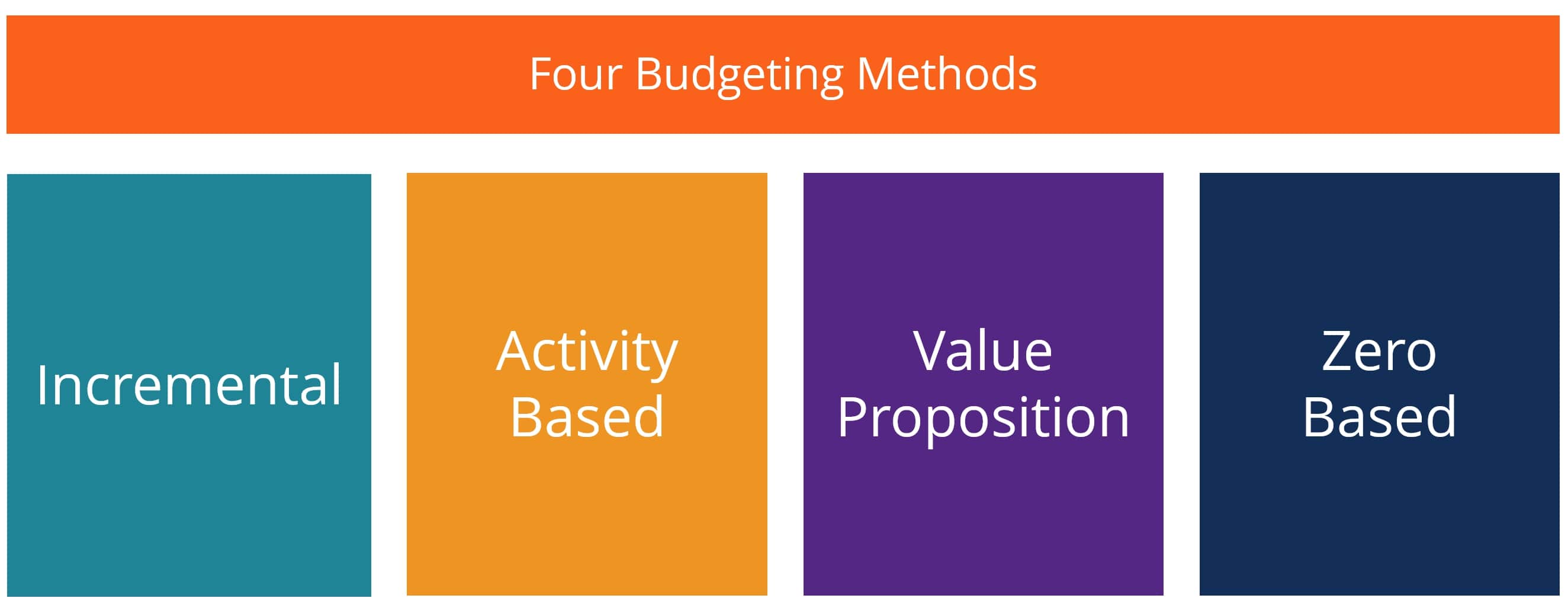Home>Finance>Economic Depreciation: Definition, Vs. Accounting Depreciation
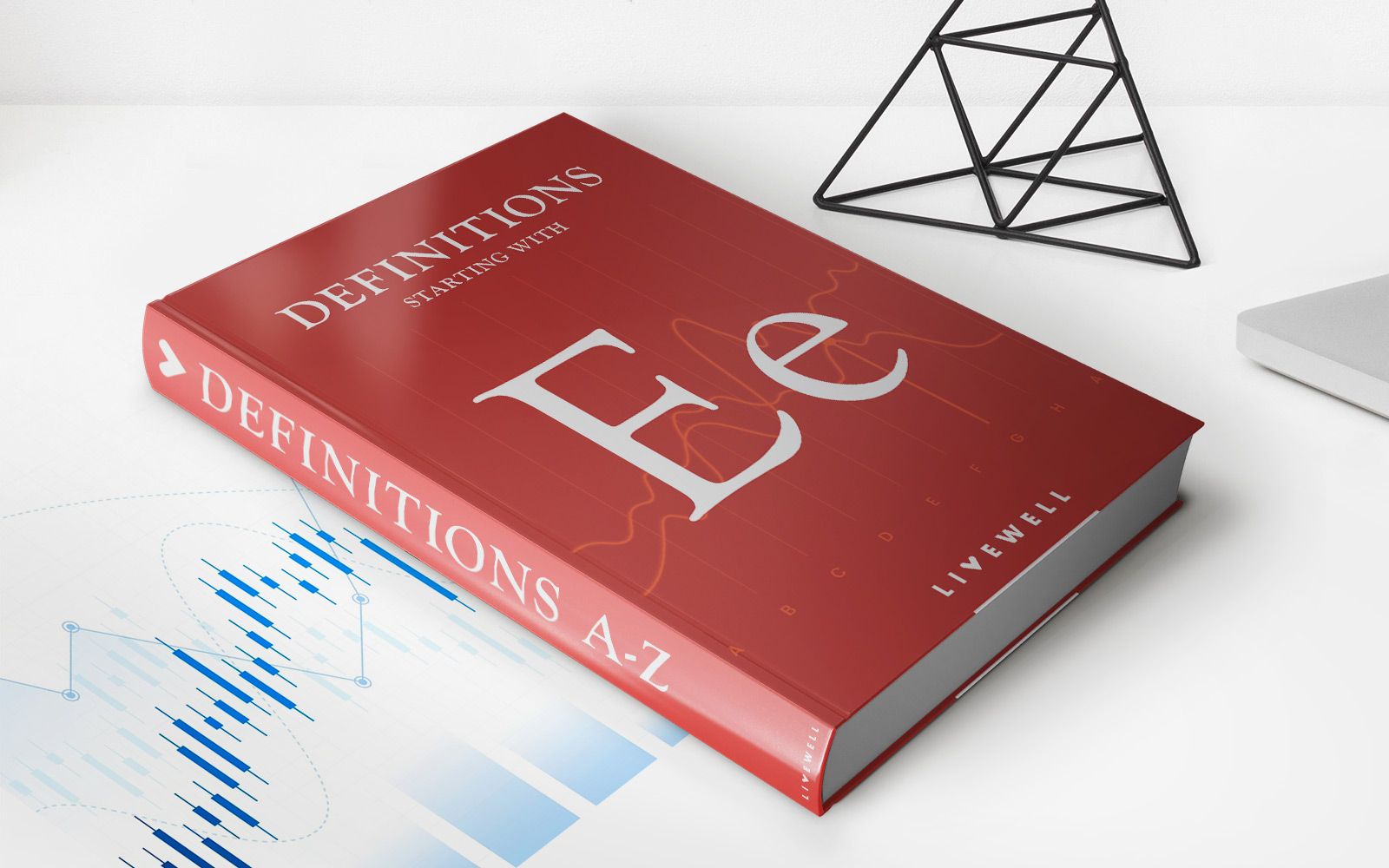

Finance
Economic Depreciation: Definition, Vs. Accounting Depreciation
Published: November 16, 2023
Learn the definitions and differences between economic depreciation and accounting depreciation in finance. Discover how they impact business assets and financial statements.
(Many of the links in this article redirect to a specific reviewed product. Your purchase of these products through affiliate links helps to generate commission for LiveWell, at no extra cost. Learn more)
Economic Depreciation: Definition, Vs. Accounting Depreciation
When it comes to understanding the financial aspects of a business, depreciation is a term that often comes up. In the realm of finance, there are two main types of depreciation – economic depreciation and accounting depreciation. While they may sound similar, they have distinct differences and serve different purposes. In this blog post, we will define economic depreciation, explore its differences with accounting depreciation, and highlight its importance in understanding a company’s financial health.
Key Takeaways:
- Economic depreciation measures the decrease in an asset’s value over time due to wear and tear, obsolescence, or any other factor affecting its market value.
- Accounting depreciation, on the other hand, is a systematic allocation of an asset’s cost over its useful life for financial reporting purposes.
Defining Economic Depreciation
Economic depreciation refers to the decrease in an asset’s value over time due to factors such as wear and tear, obsolescence, changes in technology, or any other factor affecting its market value. It reflects the realistic decline in the worth of an asset and is a crucial concept to consider when assessing the financial health of a company. Economic depreciation takes into account the true market value of an asset and the impact it has on a company’s balance sheet.
Unlike accounting depreciation, which is a systematic allocation of an asset’s cost over its useful life for financial reporting purposes, economic depreciation considers the actual market value of the asset at any given time. It recognizes the fact that assets may lose their value faster or slower than their useful life and adjusts the valuation accordingly. This understanding helps businesses make strategic decisions regarding asset replacement, reinvestment, and overall financial planning.
Economic Depreciation vs. Accounting Depreciation
While economic and accounting depreciation share some similarities, they have significant differences that are essential to understand. Here’s a breakdown of the key distinctions between the two:
1. Measurement Focus:
- Economic Depreciation: Focuses on the asset’s market value and the decrease in its worth over time.
- Accounting Depreciation: Emphasizes the systematic allocation of an asset’s cost over its useful life for reporting purposes.
2. Timing:
- Economic Depreciation: Can occur faster or slower than the asset’s useful life based on various market factors.
- Accounting Depreciation: Occurs evenly over the asset’s useful life as per accounting standards.
3. Purpose:
- Economic Depreciation: Provides insights into the actual decline in an asset’s value and helps in making informed financial decisions.
- Accounting Depreciation: Aids in financial reporting, asset valuation, and tax purposes.
The Importance of Economic Depreciation
Understanding economic depreciation is crucial for businesses that want to accurately assess their financial health and make informed decisions about asset management and investment. Here are two key reasons why economic depreciation knowledge matters:
1. Financial Planning:
Economic depreciation assists companies in creating more accurate financial plans by taking into account the actual decline in assets’ worth. This enables businesses to allocate resources wisely, set realistic depreciation policies, and estimate replacement costs more effectively.
2. Risk Management:
By understanding economic depreciation, businesses can identify the risks associated with their assets. They can plan for potential losses, avoid surprises, and make proactive decisions regarding asset upkeep or replacement. This proactive approach mitigates financial risks and ensures long-term sustainability.
In conclusion, economic depreciation and accounting depreciation may sound similar, but they have distinct differences. Economic depreciation focuses on the actual decrease in an asset’s value over time, considering market factors, while accounting depreciation emphasizes systematic allocation for financial reporting purposes. Understanding economic depreciation is vital for accurate financial planning and risk management, enabling businesses to make informed decisions and enhance their overall financial health.
